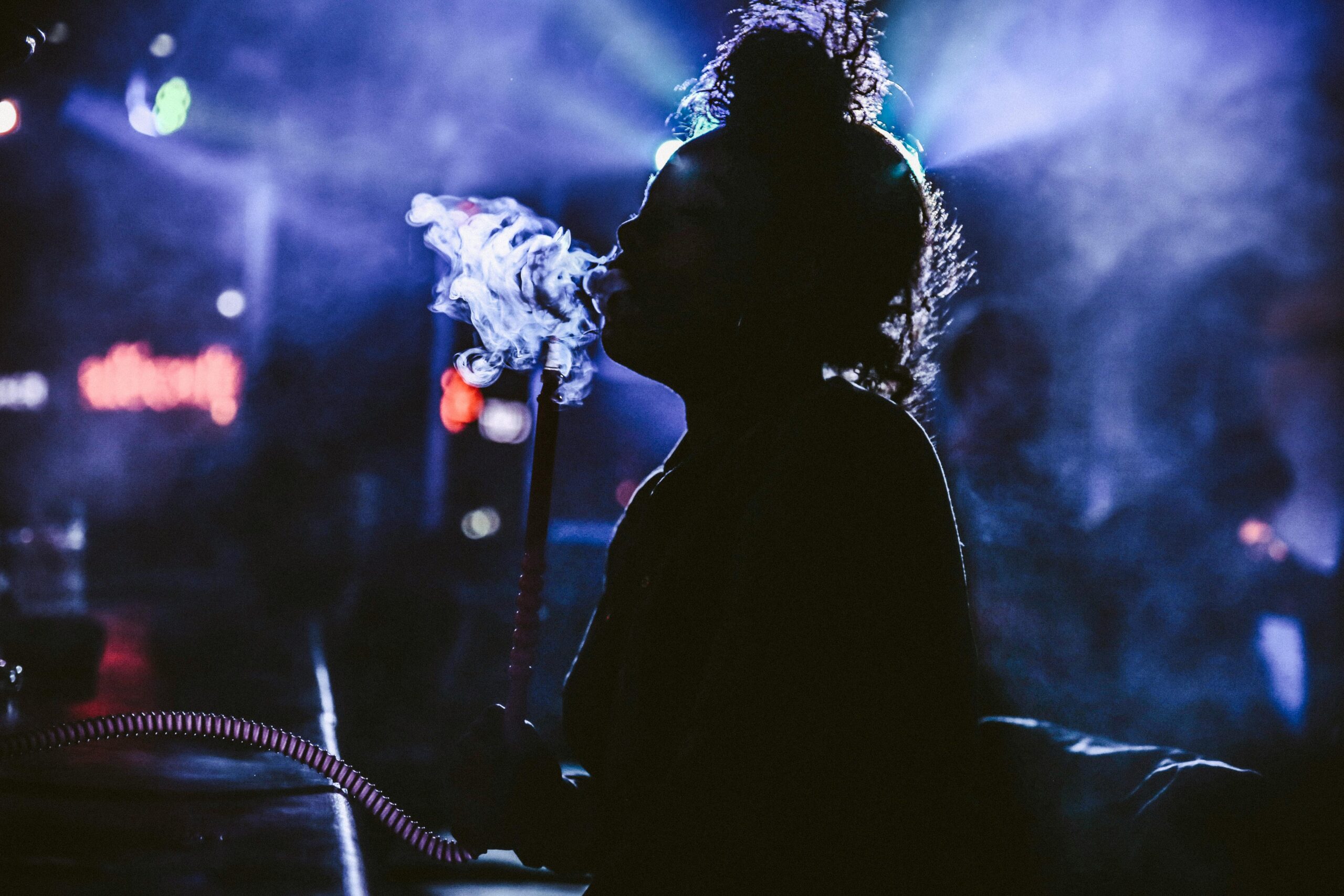In recent discussions sparked by a video clip of Muni Long on the Baller Alert Show, the issue of hookah culture has come to the forefront. Long, a vocal advocate for healthy living, Long highlighted some concerning practices surrounding hookah, particularly in certain nightlife scenes.
Long shared her observations about smoking’s role in nightlife culture and pointed out some troubling trends. She noted that while hookah traditionally involves flavored shisha (gel tobacco), some establishments are substituting it with regular tobacco. This leads to harsher and potentially more harmful experiences for patrons. Additionally, she shed light on the improper maintenance of coals, which can result in the inhalation of soot and other pollutants.
So What is the Truth About Hookah?
Carol McGruder, Co-Chair of the African American Tobacco Control Leadership Council, echoed Long’s concerns, focusing on health risks associated with hookah use.
“There is no safe or correct way to use hookah,” she stated. “When you use Hookah, you are inhaling flavored nicotine/toxins/chemicals/metals into your lungs, breathing in carbon monoxide and secondhand smoke, and then taking thirdhand smoke home to your children.”
McGruder further emphasized the severity of the health implications.
“One session is equivalent to smoking a pack of cigarettes,” she warned.
McGruder urges those in the Black community to recognize the reality behind the glamorized image of hookah culture. She made it clear that it is not about culture or community but rather about profit. Establishments capitalize on its popularity to make easy money.
Moving forward, McGruder says it’s important to have an open and informed dialogue about the use of hookah and potential impacts on smokers’ health. While it’s tempting to indulge in the allure of hookah lounges and social gatherings, you must prioritize your well-being.
Here are some key takeaways to consider:
- Know What You’re Inhaling: Be aware of the ingredients in the hookah mixture and opt for establishments that use genuine shisha rather than regular tobacco.
- Mindful Consumption: Moderation is key. Limit your sessions and be mindful of how it affects your body.
- Environment Matters: Choose venues that prioritize proper ventilation and outdoor settings for hookah use, reducing exposure to secondhand smoke.
- Advocate for Change: Support initiatives that aim to regulate hookah establishments and educate the community about the risks associated with hookah use.
The conversation about hookah extends beyond just personal choice. It’s about advocating for the health and well-being of your community. It’s time to heed the warnings raised by advocates like Muni Long and Carol McGruder and make informed decisions.
